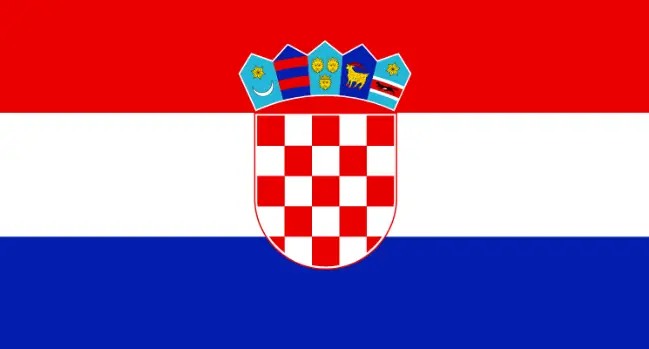
Croatia is a country in the southeastern part of Europe. It has been a member of the European Union since 2013.
Croatia is located on the Balkan Peninsula. It has a coastline on the Adriatic Sea and borders Slovenia, Serbia, Bosnia and Herzegovina, and Montenegro. The country’s diverse landscape includes mountains, forests, and lakes to explore.
Croatia is a top travel destination because of its rich culture and natural beauty, from medieval towns to modern cities with world-class museums.
Croatia in the European Union
Croatia became a member of the EU on July 1, 2013, after a referendum that was held on January 22nd, 2013.
Croatia has been part of many empires during its history. It was first ruled by Rome and then by Venice before it became an independent nation.
The country joined NATO in 2009 and applied to become a member of the EEC (now EU) in 1989 but was not accepted until 2003.
ETIAS for Croatia
ETIAS is a visa waiver for travelers from countries that don't need a visa to enter the EU. It will allow travellers to visit Croatia and stay there for up to 90 days per 180-day period.
ETIAS for Croatia is valid for three years, or until the expiration of the passport that was used to apply.
With ETIAS, all forms of transit, commerce, and tourism are permitted. Visitors without a visa must register online before travelling to Croatia for vacation, business, to attend conferences, or other activities.
Despite not yet being a member of the Schengen Area, Croatia has adopted the Schengen acquis as the basis for its visa regulations. For stays longer than 90 days, EU citizens do not require a visa.
Croatia is in the process of joining the Schengen Area, making it simpler for citizens to visit and work in other member states of the European Union
Non-EU travellers must apply for an ETIAS to travel to Croatia.
Best Places to Visit in Croatia
Krka National Park is known for its waterfalls and beautiful nature. It is one of the most popular parks in Croatia and has been included on UNESCO's World Heritage List since 1979.
Paklenica National Park is a nature lover’s paradise due to its natural beauty and amazing hiking trails. The park also has one of the longest vertical walls in Europe, which makes it a popular destination for rock climbers from all around the world.
Zadar is an old city with many historical buildings that date back to Roman times.
Dubrovnik is known as the pearl of the Adriatic Sea. The city is surrounded by a wall and home to many churches, cathedrals, palaces, and fortresses. It has a very international feel, with large numbers of tourists from all over Europe.
Split is another one of Croatia's ancient cities, but it also has a modern edge. It's a great destination if you're looking to learn more about Croatian culture and history.
Thing You Must Know before Going to Czech Republic
Croatia has a lot to offer for both families and couples. There are plenty of places in Croatia to stay that will provide you with the best vacation experience.
The most popular place for tourists is Dubrovnik, which is the city that has a rich history and culture. It is also considered one of the most beautiful cities in Europe. Another popular destination in Croatia is Split, which has an amazing beach and great nightlife. If you want to stay somewhere different, you could consider staying at one of the many islands that make up Croatia's coast line.
Driving to Croatia is not an option for people who are under 18. If you are older than 18 and you have a valid driver’s license, then driving to Croatia is an option. The process of driving to Croatia is simple and straightforward.
You just need to make sure that your car meets the requirements for travel in the Schengen Area, which includes Croatia.
The Schengen Area allows motorists from other countries to enter without having their passports checked at the border if they have a valid driver’s license and meet other requirements like age, vehicle registration, insurance coverage etc.
There are a lot of travel warnings for Croatia. There are warnings that there might be terrorism threats, but those are not the only warnings you should take note of. The most important warning is about how to avoid scams and frauds when traveling abroad. You should also be cautious if you're planning to stay in hotels or rent an apartment because they can have hidden fees that you may not know about until it's too late.



